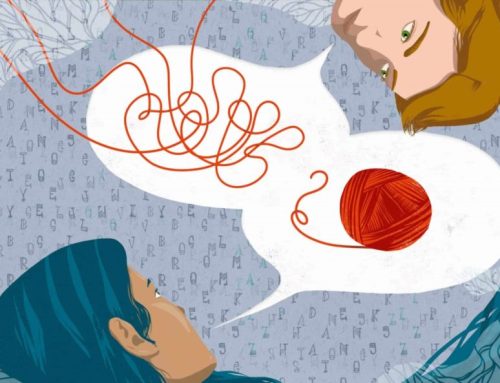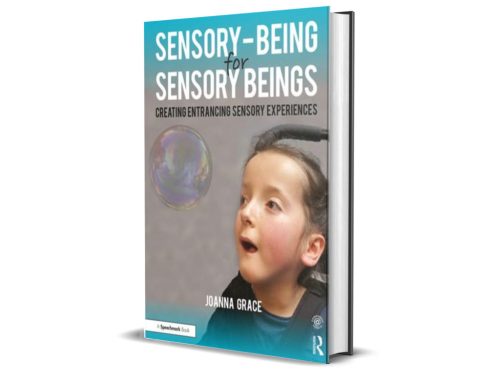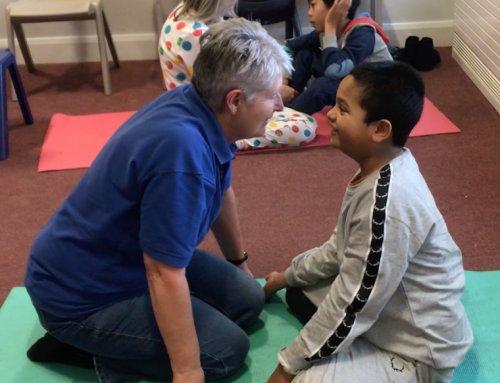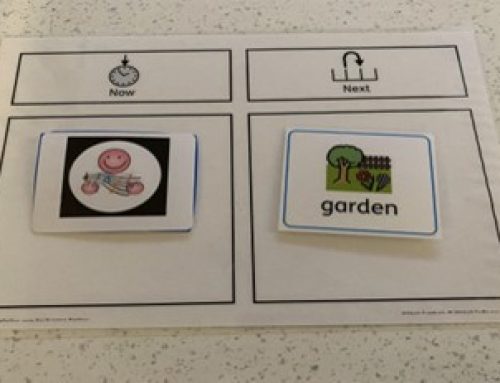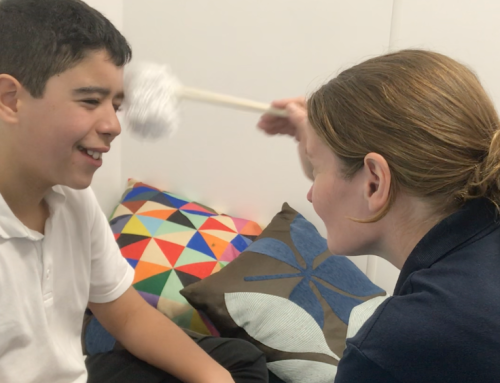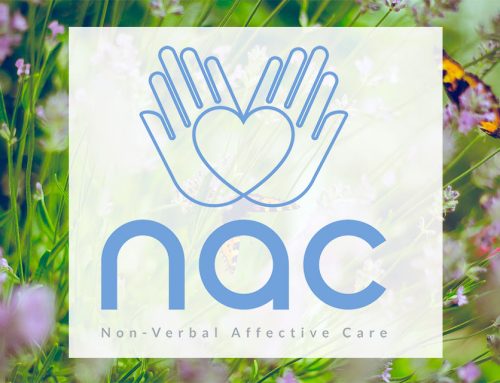Book Review: Uniquely Human by Dr Barry M Prizant
This post is going to give a short review of the book Uniquely Human by Dr Barry M Prizant. It was published in the UK in 2019. I will talk about some of the themes in the book which resonated with me, and how many of Dr Prizant’s beliefs and approaches to working with autistic people align with our ethos in TACPAC.
What is Uniquely Human about?
Uniquely Human is a book which seeks to help us all understand autism better. It also offers practical advice on ways to support, encourage and connect with the autistic people with whom we may live or work. It is based on Dr Prizant’s 40+ years experience of working with autistic people and their families and educational settings.
Dr Barry Prizant is a Speech and Language Pathologist, based in the USA and one of the team that developed the SCERTS model. The SCERTS model is an evidence-based intervention model for autistic children. Many of the approaches and beliefs mentioned in this book stem from Dr Prizant’s work on the SCERTS model. You can read more about the SCERTS model at: https://scerts.com/.
Uniquely Human is written in a very accessible way. Dr Prizant has the brilliant skill of being able to explain difficult concepts clearly and simply. There are stories throughout of autistic children and young people with whom he has worked to illustrate his points.
Autism as another way of being human
For me, the key message running through the book is that being autistic is another way of being human. We do not need to try and change or “fix” autistic people. In fact, the change should start with those in the autistic person’s environment really watching, listening and seeking to understand “why”, rather than just focussing on trying to eliminate unwanted behaviours. When this happens and everyone involved in supporting the autistic young person and their family works together, true connections, learning and growth can happen.
Dr Prizant seeks to reframe the notion of so called “autistic behaviours”. He argues that there is no such thing as ‘autistic behaviours’, only human behaviours and responses. If we really take the time to look and ask “why?”, then there is always a reason behind the behaviour we see.
He emphasises the importance for all of us as human beings to try and achieve a state of emotional regulation, as this is when we are able to be most attentive and responsive. Due to autistic people’s neurological systems working differently to those of neurotypical people, their state of arousal is often too high or too low. Many people with autism therefore live in a state of hypervigilance. Dr Prizant reminds us that one of the key supports we can offer is to help autistic people find ways to self-regulate or co-regulate with them.
TACPAC has proven to be an effective tool for achieving emotional regulation for many of our receivers. Over time, some receivers have become able to request a TACPAC session when they recognise that they are becoming dysregulated.
The importance of establishing trust
Dr Prizant states that autistic people have particular difficulty with being able to trust. This is because they often feel fearful of their own bodies, the world around them and other people. It is important that autistic people feel able to trust. This can be facilitated by providing as much predictability as possible and allowing the autistic person to feel in control.
It seems to me that this is one of the reasons why TACPAC is so effective: routine and predictability is embedded throughout the intervention. The tactile input is always delivered to the beat of the music and it is through following this beat that trust is established between the giver and receiver. In addition to this, the giver responds to the communication bids of their receiver, thus allowing them to be in control.
Want to find out more?
I would highly recommend the book Uniquely Human to anyone with an interest in autism. In addition to this, Barry Prizant and Dave Finch also host a podcast called Uniquely Human: The Podcast which discusses a wide range of topics in the field of neurodiversity and often features expert guests. You can read more on the Uniquely Human website: https://uniquelyhuman.com/.
Learn more on a TACPAC training day!
Find out more about some of the concepts discussed in this book, including how TACPAC helps with sensory regulation, at one of our training days: https://tacpac.co.uk/tacpac-online-training/.
Share your story!
Have you read this book? Did you find it useful? How has it impacted your work with TACPAC? We’d love to hear from you!
Email us to share your stories, photos and videos: info@tacpac.co.uk.








